As winter approaches, staying warm while remaining stylish becomes a top priority. However, for many environmentally-conscious consumers, choosing a winter coat also involves considering its sustainability. With the growing awareness around climate change and the impact of fast fashion, the demand for eco-friendly alternatives has skyrocketed. In response, many brands now offer sustainable long winter coats for women that provide warmth, comfort, and style—without compromising the planet.
In this article, we’ll explore sustainable materials, brands, and features that are making winter coats more eco-friendly, allowing you to stay cozy while reducing your carbon footprint.
What Makes a Long Winter Coat Sustainable?
When shopping for a sustainable long winter coat, there are several key factors to look for. Sustainability in outerwear typically refers to the materials used in production, the manufacturing process, and the brand’s overall commitment to eco-friendly practices.
1. Sustainable Fabrics
The material of a coat plays a significant role in its environmental impact. Traditional synthetic fabrics, such as polyester, are derived from petroleum-based sources and take hundreds of years to decompose. On the other hand, sustainable fabrics are made from natural or recycled resources, reducing waste and promoting a lower carbon footprint.
- Recycled Materials: Many eco-friendly winter coats are made using recycled polyester, nylon, or even wool. These materials are repurposed from plastic bottles, old clothing, or discarded textiles, offering a second life to products that would otherwise end up in landfills.
- Organic Cotton: Organic cotton is grown without synthetic pesticides or fertilizers, making it an environmentally friendly option. It’s breathable, comfortable, and biodegradable, making it a great material for lightweight sustainable coats.
- Wool and Recycled Wool: Wool is a natural fiber that is both warm and durable. Recycled wool, which is sourced from post-consumer or post-industrial waste, significantly reduces the need for new wool production and avoids landfill waste.
- Plant-Based Fabrics: Fabrics made from bamboo, hemp, and organic linen are becoming popular in eco-friendly fashion. These materials are naturally sustainable because they grow with minimal environmental impact.
2. Ethical Manufacturing
Sustainability is not just about the materials used; it also involves how the coats are produced. Ethical manufacturing practices ensure that workers are treated fairly, and that the production process is energy-efficient and minimizes waste.
Look for brands that are committed to fair wages, safe working conditions, and the use of renewable energy sources in their factories. Transparency is key, so brands that provide information about their supply chain and manufacturing processes are often more trustworthy.
3. Durability and Longevity
A coat that’s built to last is a sustainable option because it reduces the need for constant replacements. When selecting a winter coat, consider how durable the materials are and whether the design will withstand years of wear.
Brands focused on sustainability prioritize quality and craftsmanship, ensuring their products are not only long-lasting but also designed with timeless appeal. A durable winter coat also contributes to less textile waste, as it stays in your wardrobe longer.
4. Eco-Friendly Insulation
Traditional winter coats often use down or synthetic fibers for insulation, but these materials can have significant environmental impacts. For those seeking more sustainable alternatives, here are a few options to consider:
- Recycled Down: Some brands now use recycled down from old jackets, sleeping bags, or bedding, making it a great alternative to virgin down.
- Alternative Insulation: Synthetic materials like Primaloft and Thinsulate can be made from recycled plastic bottles, providing lightweight insulation without animal products.
- Plant-Based Insulation: Insulation made from materials like hemp, cotton, or eucalyptus is also gaining popularity in sustainable winter coats. These options are cruelty-free and eco-friendly.
Top Sustainable Long Winter Coats for Women
Now that we understand the key factors that make a winter coat sustainable, let’s take a look at some of the best eco-friendly long winter coats for women available in 2024. These brands offer stylish, warm, and environmentally-conscious options for your winter wardrobe.
1. Patagonia Frozen Range Parka
Patagonia is a leader in sustainability, and their Frozen Range Parka is a prime example of eco-friendly design. Made with recycled polyester and filled with recycled down, this coat provides excellent insulation without harming the planet. The parka is also Fair Trade Certified, ensuring ethical manufacturing practices.
Why It’s Sustainable: Recycled materials, Fair Trade Certified, water-repellent finish made with environmentally safe chemicals.
2. The North Face Eco Trail Parka
The North Face has made strides in incorporating sustainable practices into their designs, and the Eco Trail Parka is one of their most sustainable winter coats. Constructed from 100% recycled polyester and insulated with 100% recycled down, this parka offers warmth while minimizing environmental impact.
Why It’s Sustainable: Recycled polyester and down, responsible manufacturing processes.
3. Fjällräven Nuuk Parka
Fjällräven is known for its commitment to sustainability and longevity. The Nuuk Parka is made from G-1000 fabric, which is a durable and eco-friendly blend of organic cotton and recycled polyester. It features synthetic insulation that is both warm and water-resistant, making it perfect for extreme winter weather.
Why It’s Sustainable: G-1000 fabric made from organic cotton and recycled polyester, long-lasting construction, water-resistant finish.
4. Columbia Whirlibird IV Interchange Jacket
Columbia’s Whirlibird IV Interchange Jacket combines sustainability with practicality. It’s made from recycled fabrics and features a modular design, allowing you to wear the inner liner and outer shell separately or together. This versatility extends the coat’s lifespan, making it a great investment for eco-conscious consumers.
Why It’s Sustainable: Recycled fabrics, versatile design for longevity, water-repellent shell.
5. Outerknown Long Winter Coat
Outerknown, a brand founded by pro-surfer Kelly Slater, is committed to creating eco-friendly outerwear using organic, recycled, and plant-based materials. Their long winter coat is made with a blend of organic cotton and recycled polyester, providing both warmth and durability.
Why It’s Sustainable: Organic cotton, recycled polyester, transparent supply chain.
How to Care for Your Sustainable Long Winter Coat
Caring for your sustainable long winter coat ensures its longevity, further minimizing waste. Here are a few tips to help keep your coat in top condition:
- Wash less frequently: Washing clothes less often reduces their environmental impact. Spot clean when possible, or air out your coat to remove odors.
- Use eco-friendly detergents: Choose detergents that are biodegradable and free from harmful chemicals.
- Avoid dry cleaning: Many dry cleaning processes involve toxic chemicals. Instead, opt for gentle washing methods or take your coat to a green dry cleaner if necessary.
- Store properly: Store your coat in a cool, dry place, and make sure to hang it properly to maintain its shape.
Conclusion
Sustainable long winter coats offer a perfect balance of warmth, style, and environmental responsibility. By choosing a coat made from eco-friendly materials and supporting brands that prioritize ethical manufacturing practices, you can stay cozy and fashionable while making a positive impact on the planet. From recycled down to organic cotton, there are plenty of sustainable options that will keep you warm throughout the winter, and by caring for them properly, you’ll ensure they last for many seasons to come. Embrace eco-conscious fashion this winter and make a commitment to sustainability with a high-quality, long-lasting winter coat.
-
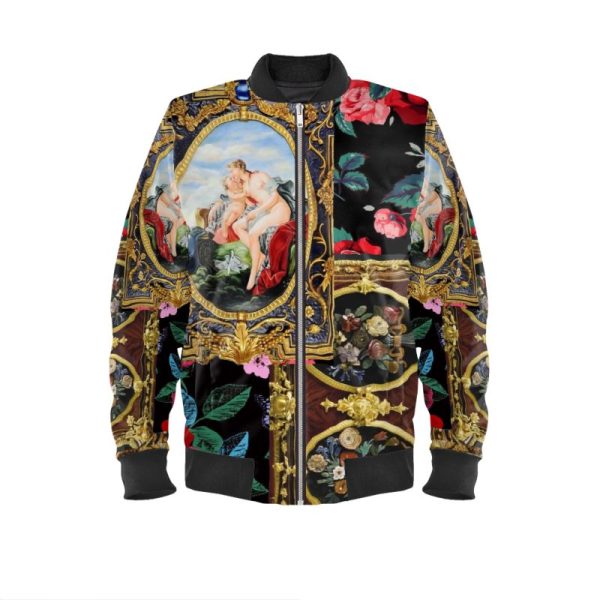 Satin Designer Bomber Jacket$448
Satin Designer Bomber Jacket$448 -
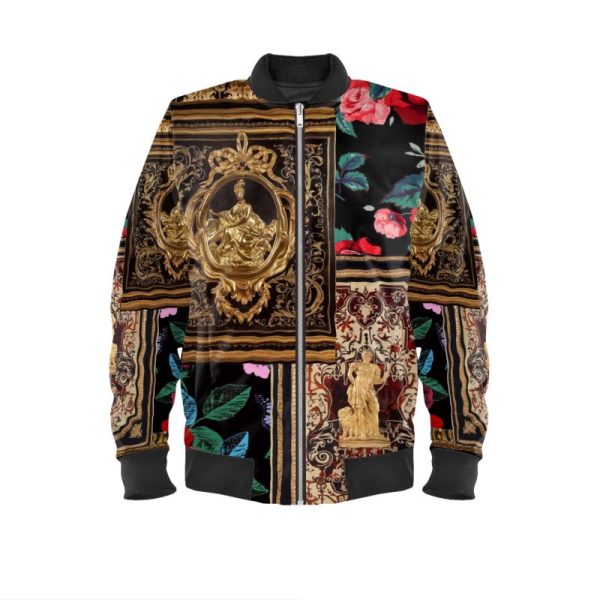 Satin Designer Bomber Jacket$448
Satin Designer Bomber Jacket$448 -
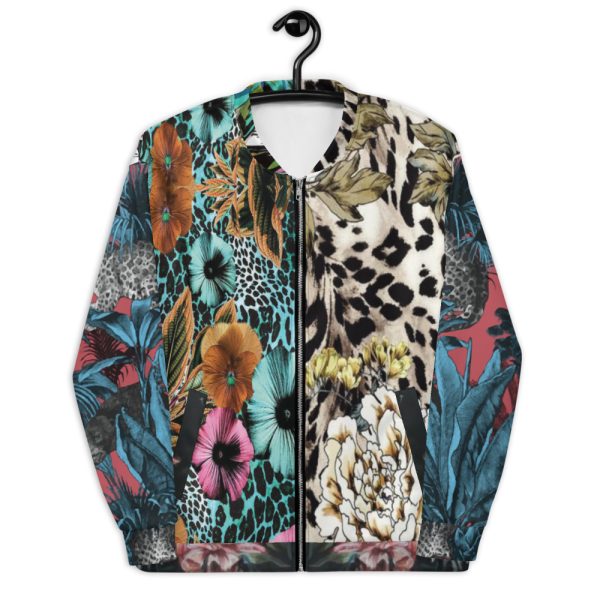 Bomber Jacket | Designer Luxury For Women & Men | Navy Blue Floral Red Turquoise$158
Bomber Jacket | Designer Luxury For Women & Men | Navy Blue Floral Red Turquoise$158 -
 Bomber Jacket | Designer Luxury For Women & Men | White Gold$158
Bomber Jacket | Designer Luxury For Women & Men | White Gold$158 -
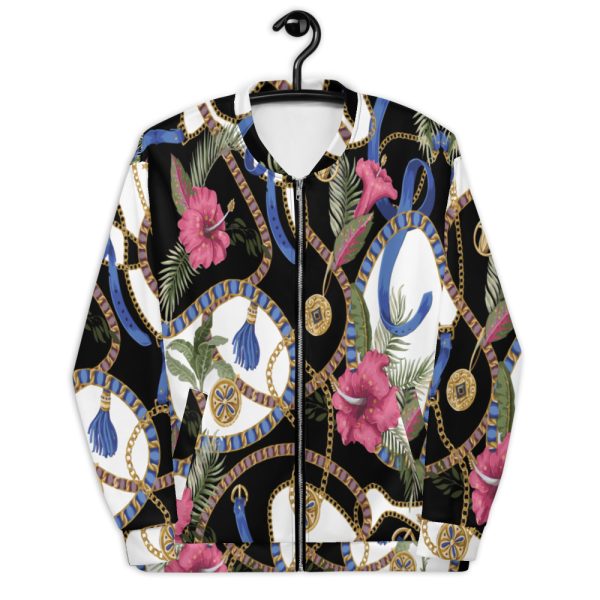 Bomber Jacket | Designer Luxury For Women & Men | Floral White Black$158
Bomber Jacket | Designer Luxury For Women & Men | Floral White Black$158 -
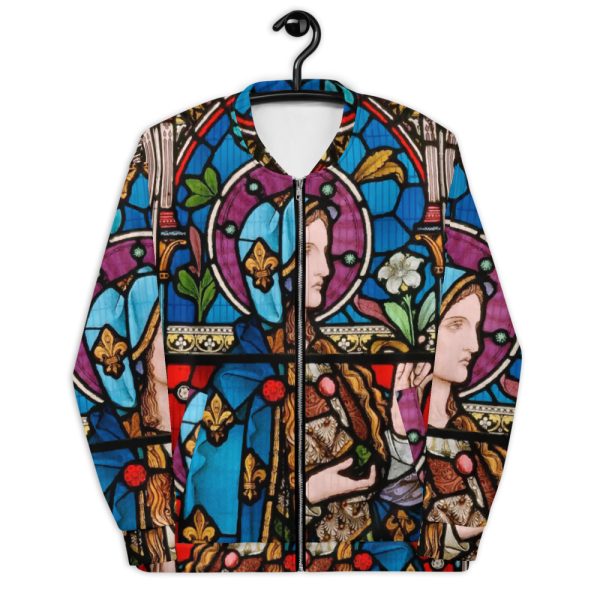 Bomber Jacket | Designer Luxury For Women & Men | Blue Purple Gold$158
Bomber Jacket | Designer Luxury For Women & Men | Blue Purple Gold$158 -
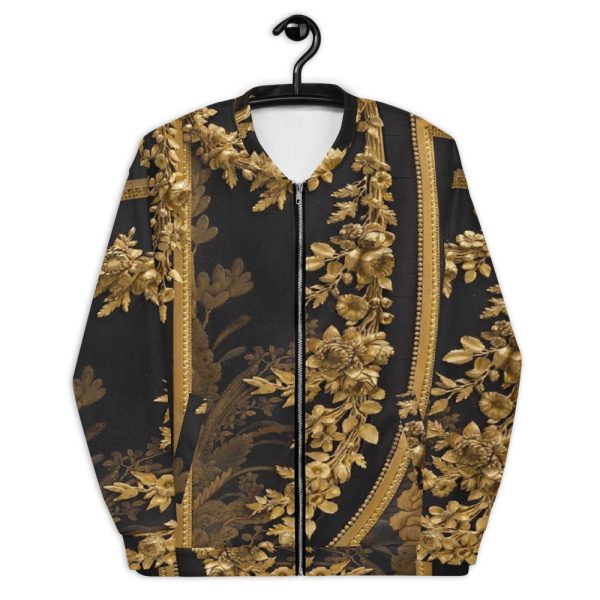 Bomber Jacket | Designer Luxury For Men & Women | Black Gold Baroque$158
Bomber Jacket | Designer Luxury For Men & Women | Black Gold Baroque$158 -
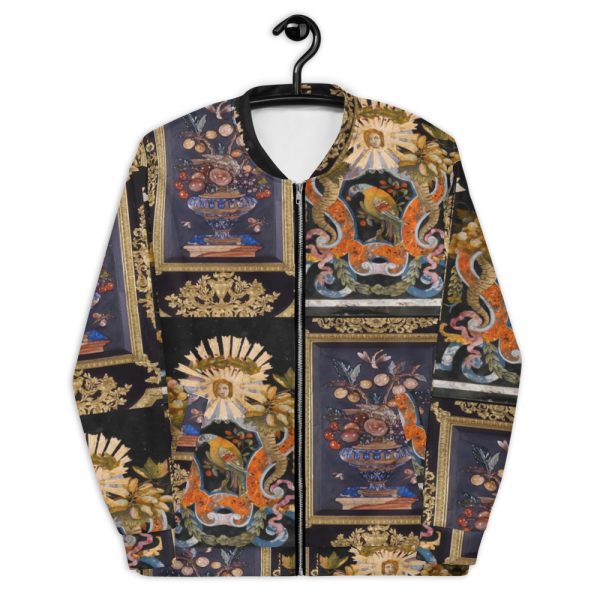 Bomber Jacket | Designer Luxury For Women & Men | Black Gold$158
Bomber Jacket | Designer Luxury For Women & Men | Black Gold$158 -
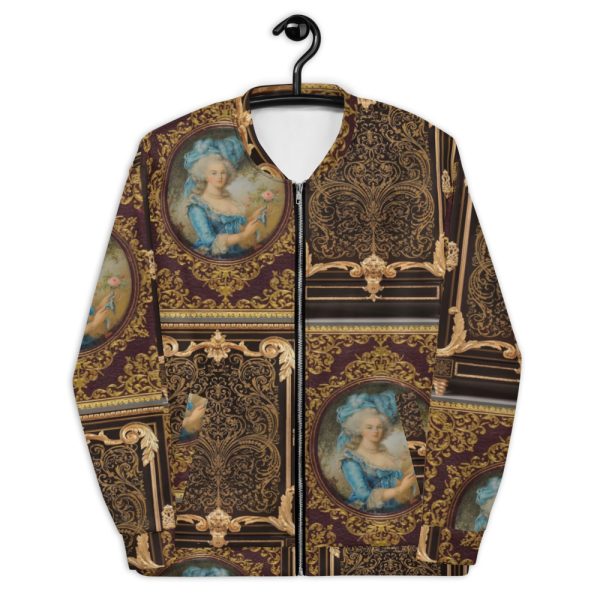 Bomber Jacket | Designer Luxury For Women & Men | Gold$158
Bomber Jacket | Designer Luxury For Women & Men | Gold$158